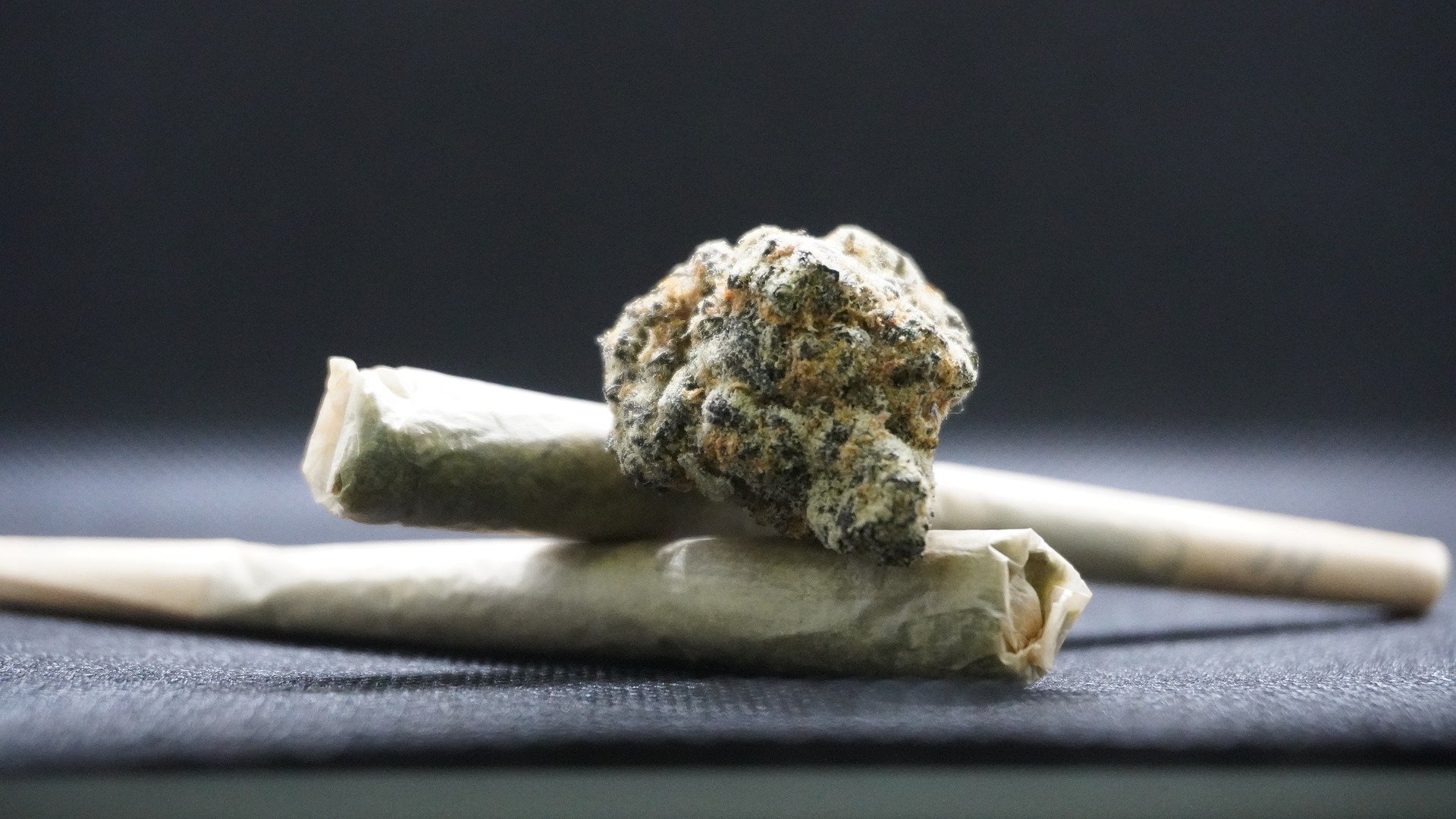With the wave of marijuana legalization sweeping across the nation, it’s easy to get caught up in the excitement of newfound freedoms. However, amidst the celebration, a crucial question lingers: what impact does this “harmless herb” have on our teenagers’ developing brains?
The Adolescent Brain: A Delicate Construction Zone
Think of the adolescent brain as a complex construction site, bustling with activity as it diligently builds crucial connections and pathways. This period of rapid development, extending well into the early twenties, is a time of immense vulnerability. Introducing marijuana into this delicate process is akin to unleashing a wrecking ball on the construction site, potentially disrupting the intricate wiring and causing lasting damage.
THC: The Wrecking Ball
Tetrahydrocannabinol (THC), the primary psychoactive compound in marijuana, is the culprit behind the euphoric “high” that users experience. While it may seem harmless fun, THC has been linked to a slew of cognitive impairments in adolescents, including:
- Impaired Attention and Memory: THC can wreak havoc on the brain’s ability to focus and retain information, making it difficult for teenagers to learn and excel in school.
- Disrupted Learning: The brain’s ability to form new connections and acquire knowledge is hindered by THC, potentially leading to long-term academic struggles.
- Impaired Decision-Making: THC interferes with the development of the prefrontal cortex, the brain’s control center responsible for rational decision-making, judgment, and impulse control. This can lead to risky behaviors and poor choices.
Brain Changes: The Harsh Reality
Numerous studies have revealed significant structural and functional changes in the brains of young marijuana users. These alterations have been associated with:
- Reduced Gray Matter:
- Gray matter, the brain tissue responsible for processing information, has been found to be reduced in certain areas of the brain in young users, potentially leading to cognitive deficits.
- Altered White Matter:
- White matter, the brain’s communication network, can also be affected by marijuana use, leading to impaired connectivity and potentially impacting cognitive function and mental health.
- Decreased IQ:
- Some studies have even reported a decline in IQ scores among adolescents who regularly use marijuana, highlighting the potential for long-term intellectual impairment.
Beyond the Brain: The Ripple Effects
The impact of marijuana use on the adolescent brain extends far beyond the immediate cognitive deficits. Studies have linked early marijuana use to:
- Increased Risk of Mental Health Disorders:
- Research suggests that early marijuana use may increase the risk of developing mental health conditions such as schizophrenia, depression, and anxiety later in life.
- Lower Educational Attainment:
- Teenagers who use marijuana are more likely to drop out of school and have lower academic achievement, hindering their future prospects.
- Substance Abuse Problems:
- Early exposure to marijuana can increase the likelihood of developing substance abuse problems later in life, as the brain becomes more vulnerable to addiction.
A Call to Action: Protecting Our Youth
As the debate over marijuana legalization rages on, it’s imperative that we prioritize the health and well-being of our youth. We wouldn’t hand a toddler a bottle of whiskey, so why should we be so lenient with marijuana?
Parents, educators, and policymakers must work together to:
- Educate: Provide teenagers with accurate information about the potential risks of marijuana use on their developing brains.
- Prevent: Implement effective prevention programs that teach young people how to resist peer pressure and make healthy choices.
- Support: Offer support and resources to those who are struggling with marijuana use or addiction.
By taking a proactive approach, we can empower our youth to make informed decisions about their health and ensure that they reach their full potential. Remember, the teenage brain is a precious and delicate thing – let’s not let marijuana cloud its future.
Here at Sehat Psychology we have psychologists who are certified in treatment of drug abuse. If you or someone you know are struggling with substance use, book an appointment with our psychologist, to provide assistance through these difficult times. You can book appointments by calling (08) 7079 9529 or emailing us at admin@sehatpsychology.com.au
